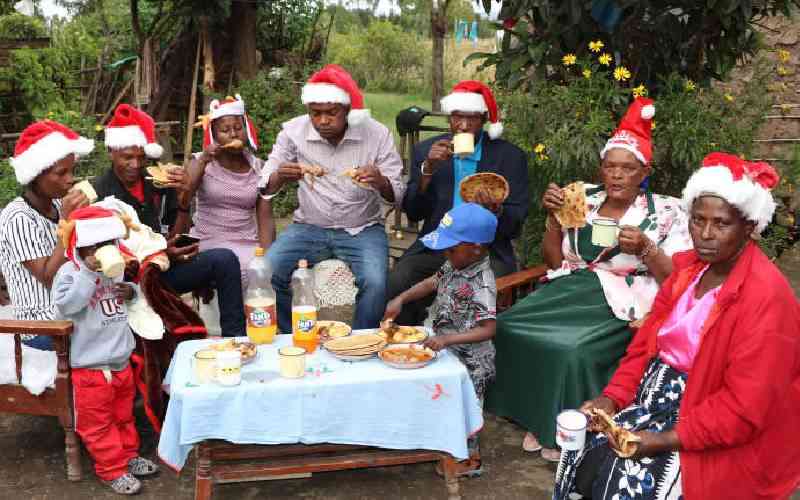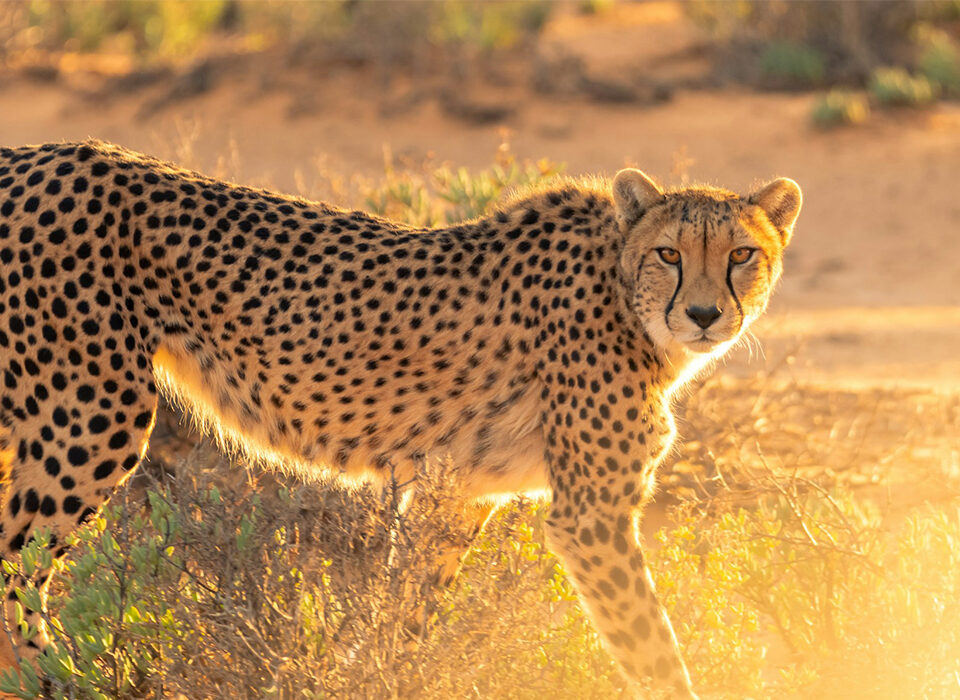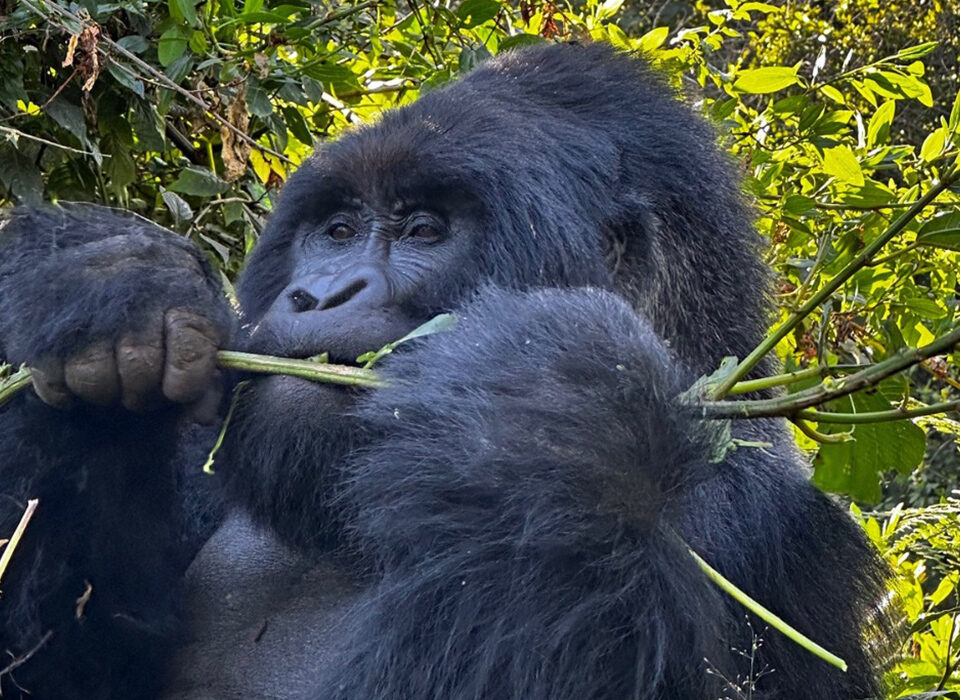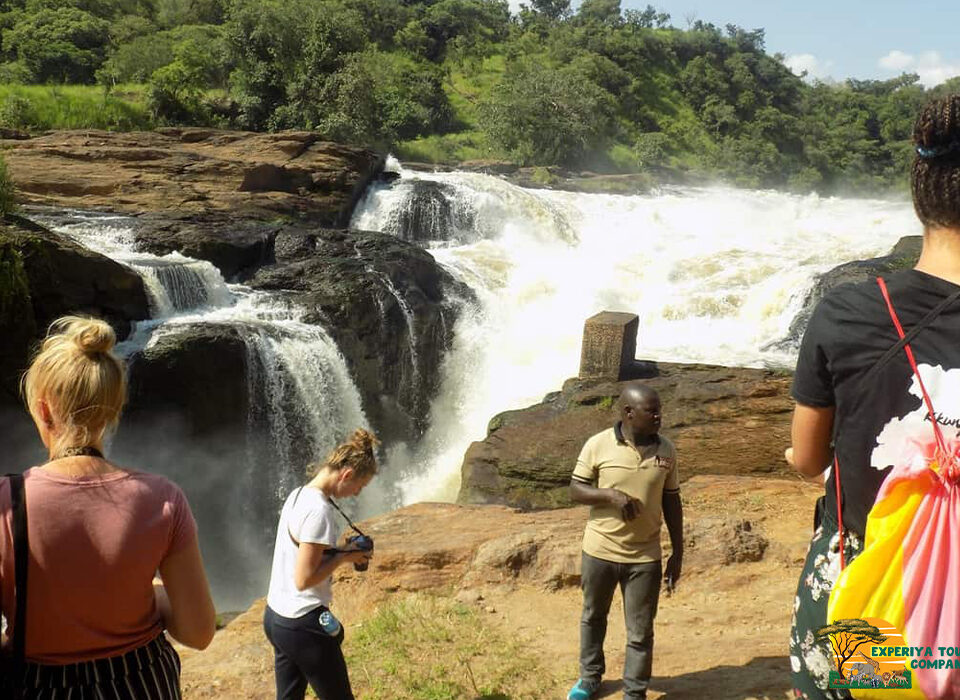
What festivals happen in Kenya?
November 19, 2025
What music is popular in Kenya?
November 19, 2025How Do Kenyans Celebrate Christmas?
Christmas in Kenya is a season rich with color, joy, community, and deeply rooted cultural traditions. While Kenya is home to over forty ethnic communities, each with its own customs, Christmas remains one of the few national celebrations that unite the entire country. The festive atmosphere begins early in December and builds toward Christmas Eve and Christmas Day, bringing families together from cities, villages, and abroad.
Unlike in many Western countries where Christmas revolves around heavy winter themes, Kenya’s celebration reflects the spirit of an African summer holiday—bright skies, warm weather, open-air activities, and an emphasis on family, faith, and shared meals. For travelers wondering How do Kenyans celebrate Christmas? the answer lies in a beautiful blend of Christian traditions, African culture, music, food, and the spirit of togetherness that defines Kenyan society.
Traveling Upcountry
One of the most defining features of Christmas in Kenya is the mass movement of people from urban centers to their rural homes, often called “going upcountry.” For many Kenyans living in Nairobi, Mombasa, Kisumu, Eldoret, and other major cities, Christmas is the time to reconnect with extended family, ancestral land, and cultural roots.
Bus stations fill with travelers carrying gifts, food supplies, and luggage as they prepare for long journeys. Highways become busy with families driving home, sometimes traveling hundreds of kilometers across the country.
This tradition of going upcountry underscores the importance of family in Kenyan culture. Christmas is not considered complete without returning to parents, grandparents, and relatives who live in rural areas. The reunion is emotional, joyful, and deeply meaningful, creating memories that remain treasured across generations.
Christmas Eve Preparation
Christmas Eve in Kenya is often bustling with activity. Families use the day to prepare for the next day’s feast, clean their homes thoroughly, decorate the family compound, and attend evening church services.
Children help by decorating Christmas trees—often artificial ones in cities, and natural cypress or pine branches in rural areas. Homes are adorned with balloons, ribbons, colorful fabrics, lights, and handmade crafts.
In many communities, Christmas Eve is also the time for sharing stories, listening to Christmas carols on local radio stations, and preparing chapatis, samosas, or marinated meats for the feast. The mood becomes increasingly festive as evening approaches and families gather for prayers or midnight church services.
Christmas Church Services
Christianity is widely practiced in Kenya, and church plays a central role in Christmas celebrations. On Christmas Day, churches across the country—from towering cathedrals to small rural chapels—are filled with worshippers dressed in their finest outfits.
Services often include joyful singing, traditional hymns, lively gospel music, nativity plays performed by children, and sermons about the birth of Jesus Christ. Some churches incorporate local languages and ethnic traditions, adding unique cultural rhythms, instruments, and dance into the worship.
For many Kenyans, attending church is the heart of the Christmas experience. It sets the tone for the day, reminding communities of the values of gratitude, love, and unity.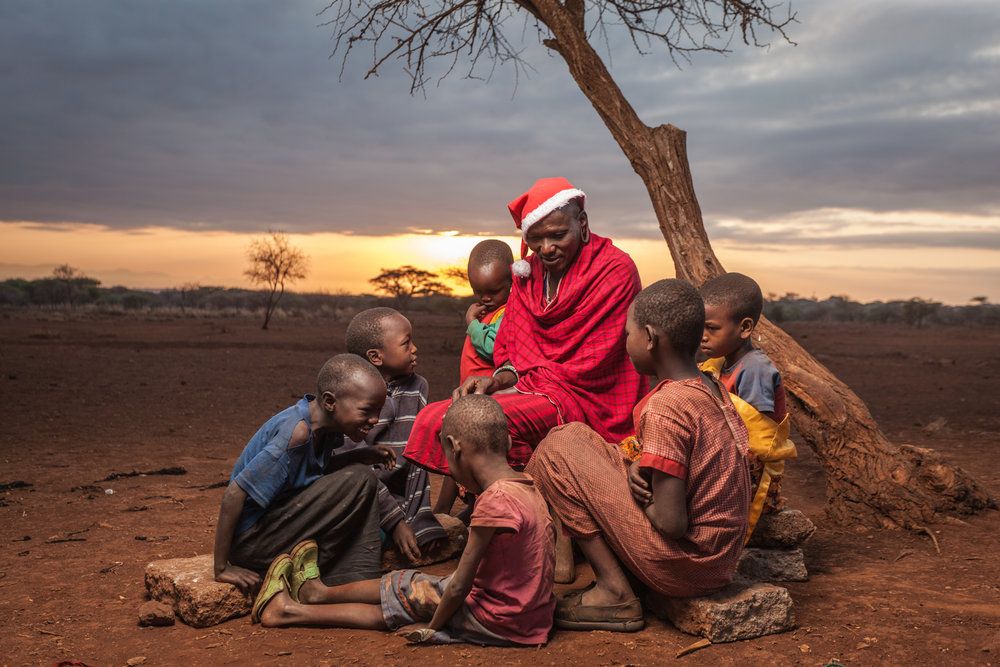
The Christmas Feast
Food is at the center of Christmas celebrations in Kenya. After church, families gather for a large feast, often shared with neighbors, friends, and visiting relatives.
The menu typically includes nyama choma (barbecued meat), chapati, pilau rice, mukimo, ugali, roasted chicken, goat stew, vegetable dishes, and an array of local delicacies. Soft drinks, juices, and sometimes traditional brews accompany the meal.
In rural areas, it is common for families to slaughter a goat or chicken as part of the celebration. This act symbolizes generosity, abundance, and thanksgiving.
For children, Christmas is a rare opportunity to enjoy special treats like sweets, biscuits, and soda—items considered festive luxuries. The meal often extends late into the afternoon as families laugh, share stories, and create joyful memories together.
Gift Giving and New Clothes
Gift giving is part of Christmas in Kenya, though it tends to be less commercialized than in many Western countries. The focus is more on practical gifts—new clothes, shoes, books, or household items—rather than expensive items.
New clothes are a hallmark of the season, especially for children. Many families buy outfits weeks before Christmas, and the joy of wearing them for the first time on Christmas Day is enormous.
Some families also exchange gifts within the home, while others choose to donate to the less fortunate, continuing Kenya’s strong tradition of community support and compassion.
Christmas in Kenyan Cities
In Nairobi, Mombasa, and other major towns, Christmas takes on an additional layer of entertainment. Malls are decorated with lights and trees, choirs perform carols, and holiday concerts attract crowds.
Urban families may choose to celebrate by visiting parks, going for a Christmas lunch at a hotel, attending Christmas concerts, or spending the day at recreational centers.
Mombasa and the coastal towns become especially lively. The beaches fill with families and tourists enjoying the warm December weather, camel rides, water sports, and coastal cuisine infused with Swahili flavor.
Coastal Swahili Traditions
In the coastal regions, particularly among Swahili communities, Christmas blends Christian customs with centuries-old Islamic-influenced traditions. Families prepare biryani, pilau, coconut stews, and delicious pastries such as mahamri and mkate wa sinia.
Even in predominantly Muslim communities along the coast, Christmas is often acknowledged respectfully, with many people participating in communal feasts or joining mixed-family celebrations. The atmosphere is one of mutual respect and shared joy.
Music, Dance, and Storytelling
Music plays an important role in Kenyan Christmas traditions. Throughout December, Kenyan radio stations play Christmas songs in English, Swahili, and various indigenous languages.
In many homes, families spend Christmas afternoon dancing to local hits, gospel music, and popular Christmas tunes. Children perform songs they learned in school or church, while elders share stories about Christmases from years past.
Traditional dances, especially among pastoral and highland communities, add an energetic touch to cultural celebrations. These performances connect younger generations to cultural identity during the festive season.
Boxing Day and Post-Christmas Traditions
Boxing Day, observed on December 26th, is also widely celebrated in Kenya. It is typically a day for visiting friends, extended family, or resting after the main celebration.
Some communities hold sports competitions, concerts, or family outings on this day. For many Kenyans, the entire period between Christmas and New Year remains festive, filled with social gatherings, village events, and outdoor activities.
The Spirit of Christmas in Kenya
What truly defines Christmas in Kenya is the spirit of togetherness. It is a time of homecomings, laughter, gratitude, and community bonding. Whether celebrated in the bustling capital, along the breezy coast, in pastoral villages, or around the shores of Lake Victoria, Christmas brings warmth and unity to all corners of the country.
Even travelers who visit Kenya during this season feel welcomed into the celebrations, finding themselves invited to meals, cultural events, and community gatherings that highlight Kenya’s famous hospitality.
How Do Kenyans Celebrate Christmas?
Kenyans celebrate Christmas with faith, family, food, travel, and joy. The season blends religious significance, cultural traditions, and modern fun into a warm, unforgettable holiday experience.
For travelers, visiting Kenya during Christmas offers a rare opportunity to witness vibrant traditions, taste delicious cuisine, and enjoy the hospitality that makes Kenya one of the most welcoming destinations in East Africa.
To experience Christmas in Kenya with comfort, cultural insight, and expert guidance, consider planning your holiday journey with Experiya Tour Company. Their team ensures seamless travel arrangements, enriching cultural experiences, and memorable festive adventures across the country.

